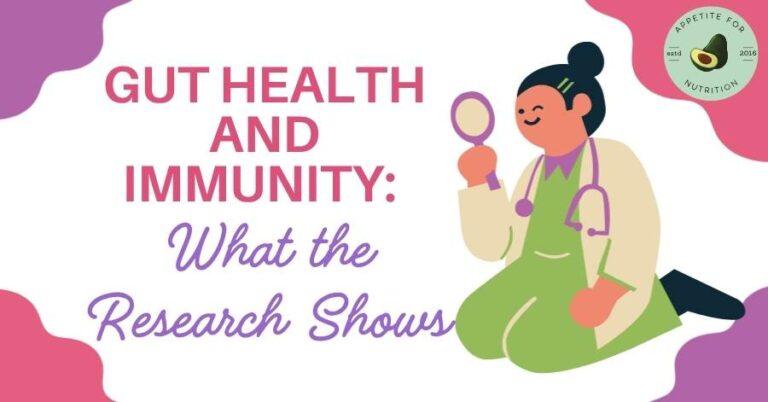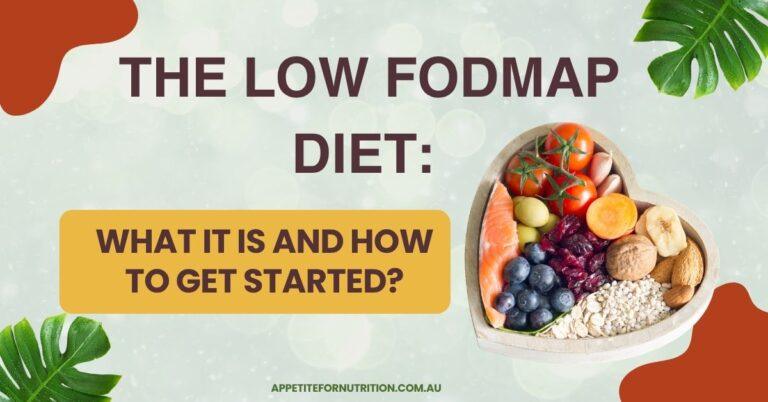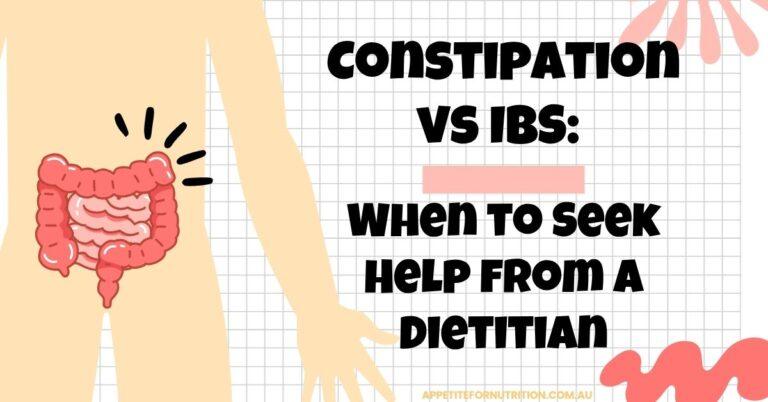
Gut Microbiome + Probiotics: The Ultimate 2025 Guide to Better Gut Health
Understanding the Gut Microbiome
The gut microbiome is a community of trillions of microorganisms — bacteria, viruses, and fungi — that inhabit your intestines. These microbes influence digestion, immunity, metabolism, and even mood.
One of the most effective ways to support your gut microbiome is by consuming probiotics — live “friendly” bacteria that help maintain intestinal balance.
Studies confirm probiotics can modify microbiota composition, improve gut barrier integrity, and benefit immune and metabolic functions (MDPI, 2024).
Common Sources of Probiotic Foods
Incorporate naturally fermented foods such as:
Yoghurt and kefir
Sauerkraut, tempeh, and kimchi
Kombucha and fermented pickles
Eating a variety of these foods daily can help maintain gut diversity and resilience.
Learn about Gut Microbiome + Probiotics: The Ultimate 2025 Guide to Better Gut Health
What the Latest Research Shows
Strengthening the Immune System
Roughly 70–80 % of immune cells reside in the gut. Probiotics stimulate antibody production and regulate inflammation through the gut-associated lymphoid tissue (Frontiers in Microbiology, 2024).
However, a 2023 systematic review found that probiotics alone may not always restore microbiome diversity during antibiotic therapy (BMC Medicine, 2023).
Take-away: Pair probiotic use with a fibre-rich diet for best immune benefits.
Protecting Heart & Metabolic Health
The gut-heart axis links microbiota to cholesterol and glucose regulation.
Recent NIH research found that higher Oscillibacter levels were associated with lower LDL and triglycerides (NIH, 2024).
A 2025 meta-analysis confirmed probiotic supplementation can improve lipid profiles in coronary-heart-disease patients (Frontiers in Nutrition, 2025).
Managing Chronic Bowel Disorders
For conditions like ulcerative colitis or IBS, strains such as Bifidobacterium, Lactobacillus, and E. coli Nissle 1917 have shown benefits in reducing symptoms and maintaining remission (MDPI, 2024).
Still, probiotic therapy should be discussed with your gastroenterologist.
🔗 Explore our Dietitian Gut Health Plan
Supporting Mental Health via the Gut-Brain Axis
The “gut-brain axis” connects the microbiome and nervous system through hormonal and neural pathways.
Probiotic interventions have been shown to reduce depression and anxiety symptoms (ASM Journal, 2024), though effects are modest and strain-specific.
🔗 Learn more in our Gut-Brain Connection Article
Lifestyle & Gut Balance
Beyond probiotics:
Eat ≥30 plant-based foods weekly for microbiome diversity.
Include prebiotic fibre (onions, garlic, oats, lentils).
Minimise unnecessary antibiotic use — they disrupt gut flora (AFR, 2025).
Manage stress, sleep, and exercise — all proven to influence microbiota composition.
Why Working with a Dietitian Can Make a Difference
While probiotics and gut-friendly foods can play a major role in supporting digestive health, knowing which foods or supplements are right for you isn’t always straightforward. An Accredited Practising Dietitian can assess your gut health, dietary patterns, and symptoms to create a personalised nutrition plan that supports microbiome balance. They can help identify trigger foods, recommend the right probiotic strains, and ensure your diet provides the nutrients your gut needs to thrive. With professional guidance, you can make evidence-based choices that improve digestion, mood, and overall wellbeing.
Ready to Take Charge of Your Gut Health?
Book a consultation with an Accredited Practising Dietitian to get a personalised, evidence-based gut health plan.
👉 Book Your Gut Health Session
This blog was updated October 2025.
Frequency Asked Questions
Find quick answers to common questions about NDIS dietitian support, healthy eating, and supermarket snack choices.
Our team of NDIS-registered dietitians helps clients make practical, evidence-based food decisions that fit their goals, lifestyle, and budget — whether shopping at Coles, Woolworths, Aldi, or online.
Live microorganisms that, when consumed in adequate amounts, confer a health benefit on the host (WHO definition).
No — their effects depend on the strain, dose, and individual. They support, not cure.
Not always. Foods provide fibre and nutrients; supplements can help in specific clinical cases.
Yes, some studies show benefits for mood and anxiety, but they’re best used alongside other treatments.
If you have chronic digestive symptoms, frequent antibiotic use, or want personalised probiotic guidance.



